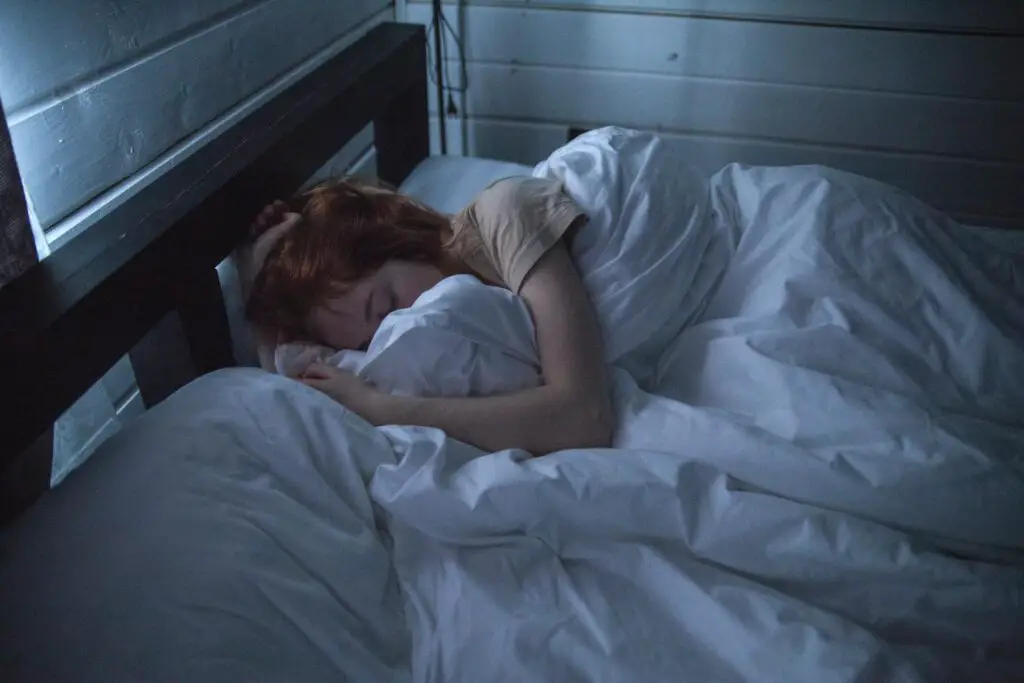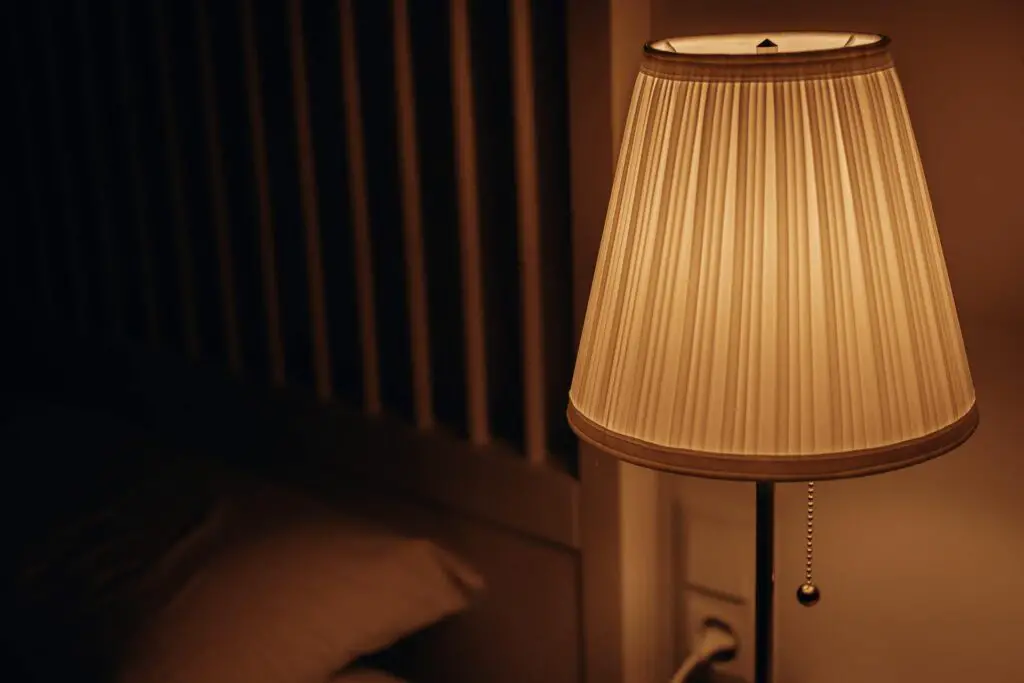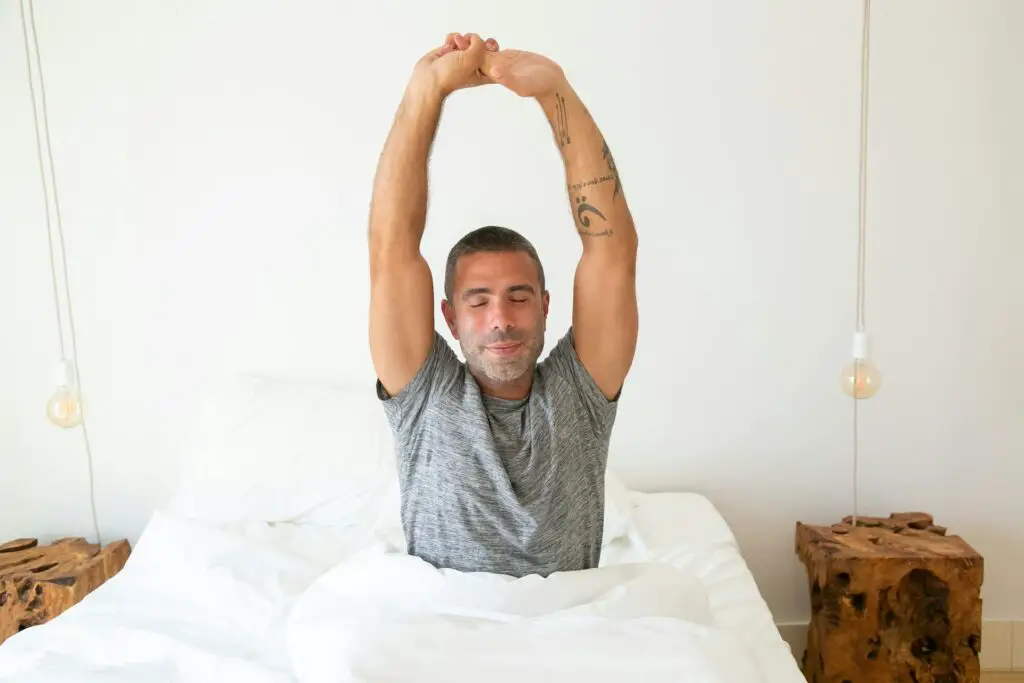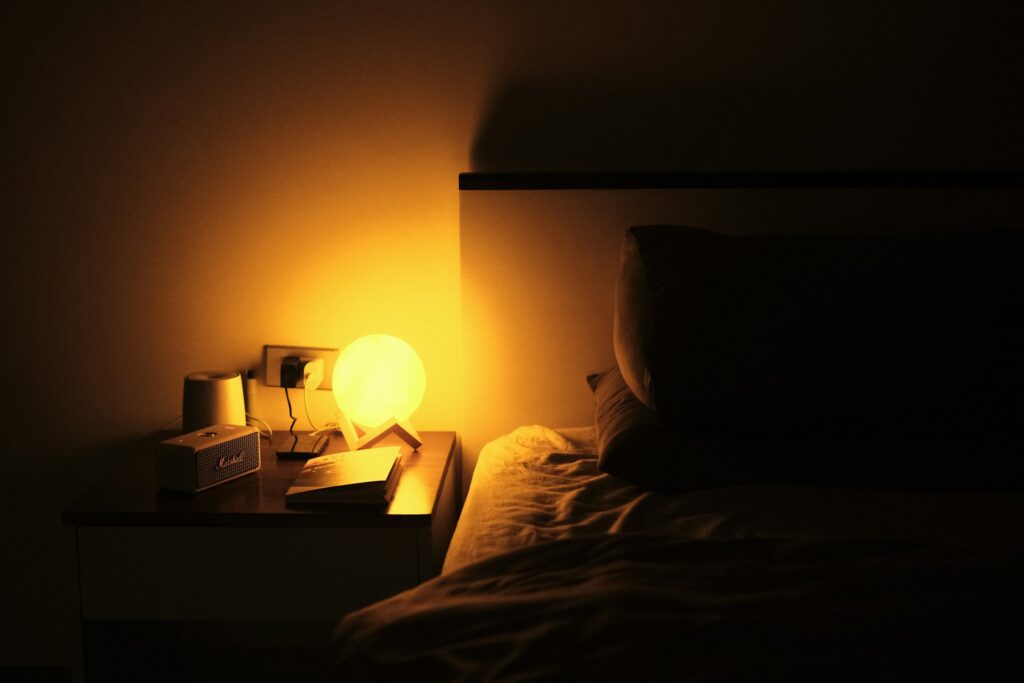7 Evening Routines That Help You Sleep Like a Baby

A good night’s sleep doesn’t just happen. It’s built step by step, long before your head hits the pillow. What you do in the hour or two before bed can shape how well you rest, how fast you fall asleep, and how refreshed you feel the next day. These simple evening habits don’t cost much, and you don’t need any fancy tools. Just some time, a little thought, and a plan to wind down right. Whether you’re a night owl or early bird, these calming moves can help you sleep deeper and wake up feeling like a whole new person.
Turn Off Screens at Least an Hour Before Bed

Your phone, tablet, or TV might seem like the perfect way to chill before sleep—but screens tell your brain it’s still daylight. That blue light blocks melatonin, the hormone that helps you get sleepy. Turning off screens an hour before bed gives your body time to shift into rest mode. Try reading a real book, listening to calm music, or writing a short journal entry instead. Fun fact: paper books can lower stress levels by up to 68%, even more than music or tea. Give your eyes and brain a break—you’ll fall asleep faster and sleep deeper.
Set a Regular Bedtime (Yes, Even on Weekends)

Your body has a clock inside called the circadian rhythm. It likes habits. If you go to bed and wake up at the same time each day, even on weekends, your sleep gets stronger. You’ll feel sleepy at the right time and alert in the morning. Pick a bedtime that gives you 7 to 9 hours of sleep and stick to it. At first, it might be hard, but your body will adjust fast. A steady schedule helps fight brain fog, boosts your mood, and makes mornings feel less like a battle.
Keep the Lights Low

Light has a big impact on sleep. Bright lights at night trick your brain into staying alert. In the evening, try using soft lamps or dim bulbs instead of overhead lights. Warm tones work best—think amber or soft yellow. You can even get special bulbs for nighttime that cut out the harsh blue light. Candles are nice too, as long as you blow them out before bed. This small change tells your brain, “Hey, it’s time to wind down.” Over time, your body will link low light with sleep, and bedtime will feel more natural.
Do a Short Stretch or Gentle Yoga

A few easy moves can help your muscles relax and your mind slow down. Stretching at night can release the tension built up from sitting or standing all day. Try neck rolls, forward folds, or legs-up-the-wall pose. You don’t need a full workout—just five or ten minutes will do. Gentle yoga can also help lower heart rate and stress. One study found that people who did yoga before bed fell asleep faster and stayed asleep longer. No mat? No problem. You can do most moves right on your carpet or rug.
Cut Caffeine and Late-Night Snacks

Caffeine can stick around in your body for hours. That 4 PM cup of coffee or soda might still be messing with your sleep at 10 PM. Try to switch to water, herbal tea, or warm milk in the evening. As for snacks, heavy or spicy food late at night can upset your stomach and keep you tossing and turning. If you’re truly hungry, go for something small and light—like a banana or toast. That way, you won’t wake up with a growling stomach or heartburn.
Take a Warm Shower or Bath

There’s science behind why a warm soak feels so good before bed. When you step out of a warm bath or shower, your body cools down fast—and that drop in temp helps signal it’s time to sleep. It also eases tight muscles and washes away the stress of the day. You don’t need bubbles or bath bombs to make it work. Just 10–15 minutes in warm water (not too hot) can help your body unwind. Bonus: the sound of running water can also calm your mind like gentle white noise.
Create a Wind-Down Playlist

Music can shift your mood fast. A calm playlist of slow songs with no loud beats or lyrics helps your brain slow down and focus less on your to-do list. Try soft piano, acoustic guitar, or nature sounds. Keep it quiet and steady—think of it like a soundtrack for falling asleep. Some people even set the same few songs each night to train their brain that it’s time to rest. Fun fact: songs at 60 to 80 beats per minute are best for sleep—that’s close to your resting heart rate.
Conclusion

Building a better bedtime routine doesn’t take a full lifestyle makeover. Small steps add up fast when it comes to better sleep. The goal isn’t perfection—it’s peace. Try one or two of these habits this week and see how your body responds. Over time, you’ll find your own rhythm and flow. When you treat your nights with care, your days feel lighter, clearer, and more full of life. Sleep well—you’ve earned it.
Leave a Reply